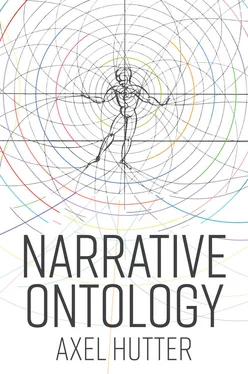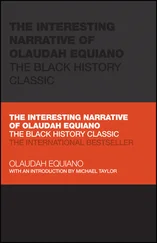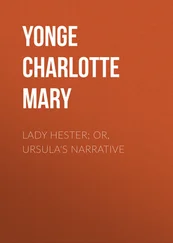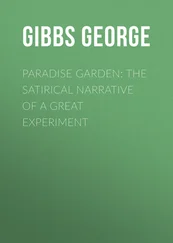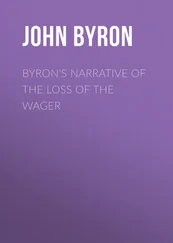Human action and speech is only possible and understandable because it repeats coined models. Literally unique action or speech is impossible for human beings because it is not understandable: ‘Actually, if his existence consisted merely in the unique and the present, he would not know how to conduct himself at all; he would be confused, helpless, unstable in his own self-regard, would not know which foot to put foremost or what sort of face to put on. His dignity and security lie all unconsciously in the fact that with him something timeless has once more emerged into the light and become present; it is a character; it is native worth, because its origin lies in the unconscious’ (375).
Accordingly, the life of the protagonists in the original story re-narrated by the Joseph novel means understanding their own being ‘of the flesh’ as the citing repetition of a coined model. One can therefore say that the condition of the possibility of being able to narrate them in a distinguished way consists precisely in that they understand their own being in the sense of a narrative ontology. Their mode of understanding, their attentiveness or inattentiveness to the meaning of the stories in which they live, makes them into what they are. Each makes explicit, in his or her own way, that human beings are precisely what they understand themselves to be.
Yet human self-understanding, which defines human selfhood, articulates itself concretely in the narrative unity of meaning of the story, which one repeats in one’s own self-understanding in various ways, thereby gaining an understanding of one’s own life story. This means the narrative decentring that one achieves by realizing the importance of the question who one actually is – that is, in whose ‘footsteps’ one walks – is far from putting into question the reality of the human I; on the contrary, it is in this questioning that the human I gains in the first place the narrative form of reality that is characteristic of human selfhood, and that relates each one’s own present to a particular past in order to recollect it and understand it as the reality of one’s own life story.
The decisive point of the Joseph novel is that the narrative view of human identity is not an arbitrary external perspective on the human I. Rather, it describes the inner perspective of those distinguished persons whom the novel narratively brings into view. Esau and Jacob, to stay with these two ‘pious men’, understand themselves in the double-layer manner mentioned above: on the one hand as a small I in the being of the here and now, and on the other hand as a great I in the narrative fabric of meaning that reaches far back into the past, and likewise far ahead into the future.
1 1. In the Joseph novel, some biblical names are written differently from the norm (in German: Issak/Jizchak, Jakob/Jaakob), whereby the spelling may even vary within the novel. (By contrast, the customary spellings are used for the thought pursued here in order to make clear that the reflections relate not only to the narrative of the Joseph novel but also to other narratives – for instance, from the original text.) This deliberate inhomogeneity of the names takes into account the central issue that the ‘I’ is ambiguous and human identity unstable.
2 2. It is for this reason remarkable that, in 1939 – that is, as work on the Joseph novel was already well advanced – Thomas Mann provides in retrospect a precisely matching characterization of The Magic Mountain. The ‘ambition’ of the earlier novel, according to Thomas Mann, consisted in pretending ‘to give perfect consistency to content and form, to the apparent and the essential; its aim is always and consistently to be that of which it speaks’ (1999a, 725). This identity of content and form that was already striven for in The Magic Mountain reaches completion, however, in the Joseph novel, in which it acquires its most consistent and radical form. Precisely for this reason, Thomas Mann is ‘compelled to believe the voices that consider that Joseph represents the climax of his life work’ (Letter to Otto W. Zenker, 10 April 1949; Sk 315).
3 3. To be sure, it is obvious that an exact counter-model is also a form of the varying repetition. Whoever does the opposite of what is expected likewise follows the established model – only in an inverted form. The negating, inverting repetition testifies just as much to a ‘father bond’ as does the affirming repetition.
4 4. Thomas Mann gave the speech in Vienna on 8 May 1936, on the occasion of Freud’s eightieth birthday. At this point in time, the first part of the Joseph novel had already been published.
Конец ознакомительного фрагмента.
Текст предоставлен ООО «ЛитРес».
Прочитайте эту книгу целиком, купив полную легальную версию на ЛитРес.
Безопасно оплатить книгу можно банковской картой Visa, MasterCard, Maestro, со счета мобильного телефона, с платежного терминала, в салоне МТС или Связной, через PayPal, WebMoney, Яндекс.Деньги, QIWI Кошелек, бонусными картами или другим удобным Вам способом.
